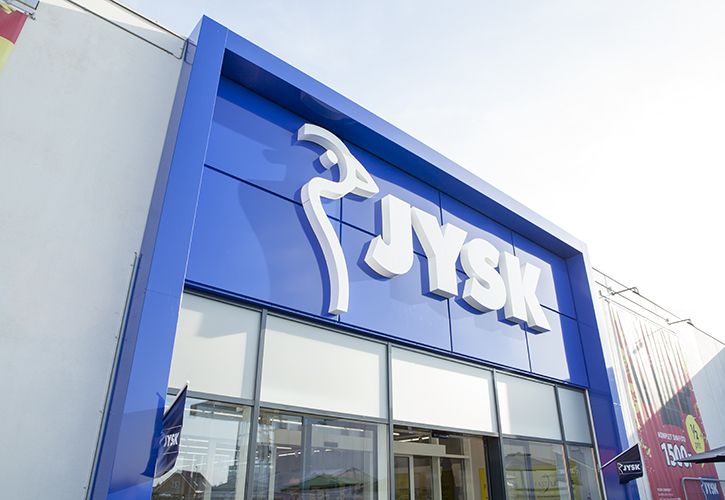UK DIY News
JYSK Signs Up To SBTi

The global retail company has committed to the internationally recognised Science Based Targets initiative (SBTi) to contribute to limiting global warming.
By signing up to SBTi, JYSK is committed to reducing emissions within its own operations and taking responsibility for the end-to-end emissions from the products sold in its stores.
"We want to be part of the climate solution and ensure that our efforts contribute to limiting global warming to 1.5 degrees. Therefore, we have signed up to the Science Based Targets initiative to get their stamp of approval on our actions towards a more sustainable future," says Deputy President and CEO of JYSK, Rami Jensen.
JYSK has an overall goal of becoming carbon neutral across its value chain no later than 2050 and to reduce its emissions by 50 per cent within its own operations by 2030. This includes powering, heating, and cooling stores, distribution centres, offices, and company-owned vehicles.
SBTi is next step for sustainability actions
Sustainability actions are something that JYSK has worked with for many years. JYSK has been a member of Forest Stewardship Council® in Denmark (FSC®) for almost two decades and all wooden garden furniture sold globally in JYSK is FSC-certified (FSC® N001715). JYSK also aims to have all products and packaging made from wood, cardboard or paper will be FSC-certified by end of 2024.
Furthermore, JYSK is a member of Better Cotton, which is the world’s largest initiative for more sustainable cotton production. JYSK is committed to sourcing all cotton for textile products as more sustainable cotton by the end of 2024. This includes Better Cotton, recycled cotton and organic cotton.
JYSK is also certified according to Global Recycled Standard (GRS), which works to minimise waste and increase the use of recycled materials in products.
JYSK continuously works to reduce the amount of plastic used in packaging and the vast majority of textile products along with the main part of duvets and pillows in JYSK are certified according to STANDARD 100 by OEKO-TEX. OEKO-TEX is one of the world’s leading health label schemes for textiles. This standard is an assurance for JYSK and customers that products do not contain harmful levels of substances that may be problematic to health and the environment.
"We are well on our way to create a more sustainable future across our company and for our customers, but we also know that there is more work to be done. Therefore, I am looking forward to getting the approval from Science Based Targets initiative, so we can optimise the use of data and analysis to reach our climate goals," says Rami Jensen.
The work to calculate the full CO2e baseline for the entire value chain is ongoing and once it is finalised, it will indicate where JYSK can find the biggest reductions to reach its climate goal.
Source : JYSK
I find the news and articles they publish really useful and enjoy reading their views and commentary on the industry. It's the only source of quality, reliable information on our major customers and it's used regularly by myself and my team.











































